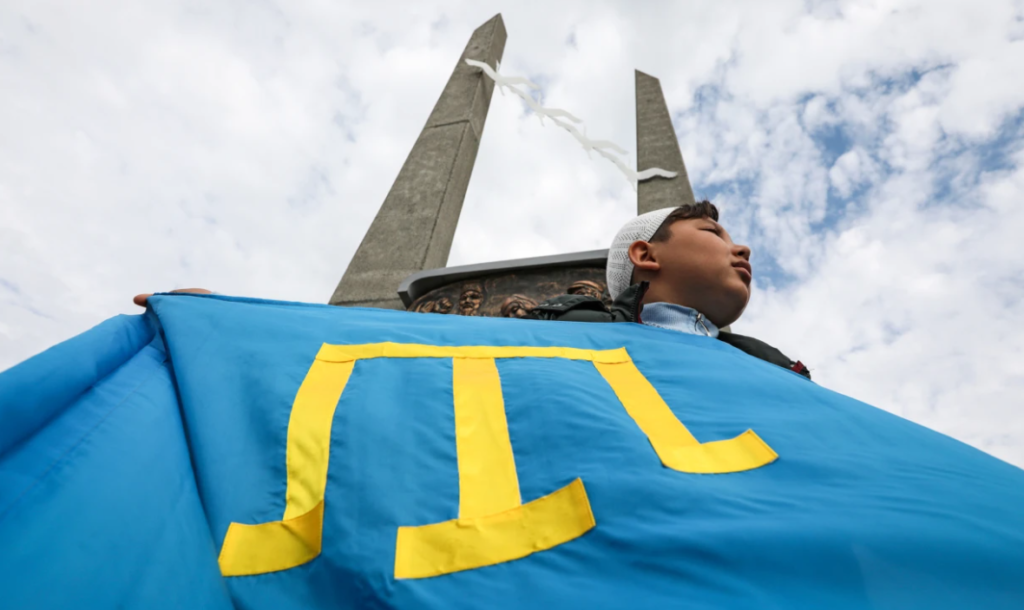
Recent developments in the ongoing Ukraine-Russia conflict have seen tensions rise dramatically following a deadly attack on a strategic port in Crimea. The incident, which resulted in casualties and injuries, further strained relations between the United States and Russia, with both sides blaming the other for the tragic events taking place in the region.
The conflict stems from Russia’s annexation of Crimea in 2014, which led to international condemnations and sanctions against Russia, which still considers Crimea part of its territory. Ukraine, supported by Western countries including the United States, considers Crimea to be Ukrainian territory.
The situation remained tense, with occasional flare-ups of hostilities and civilian casualties. ? Russia has accused the United States of supplying the weapons used in the attack and holds Washington responsible for the deliberate attack on civilians. In contrast, the Ukrainian authorities, although not officially responding, reacted to Russian accusations of attacks on civilian infrastructure in cities such as Kharkiv.
The international community reacted carefully to the escalation of the conflict. Russia labeled the attack on Sevastopol as terrorism and demanded that the United Nations condemn it. On the other hand, the United States, which has provided military aid to Ukraine to protect it from Russian aggression, is facing a diplomatic conflict with Moscow over the use of American-supplied weapons in such attacks.
Tragically, civilian casualties have increased on both sides of the conflict. In Sevastopol, where the recent strike took place, there are reports of several deaths, including children, and many injured. The humanitarian impact is severe: hospitals are overwhelmed and emergency services are weakened. Similarly, in Ukrainian cities such as Kharkiv, civilians bore the brunt of the attacks, resulting in deaths and significant infrastructure damage.
The political implications of these events are profound. Russia has promised to take countermeasures, raising concerns about the escalation and expansion of the conflict. Diplomatic efforts to ease tensions have so far yielded little, with each side accusing the other of aggression and terrorism. The situation remains volatile and global stakeholders are closely monitoring developments and calling on all parties to exercise restraint.
The United Nations and other international organizations are asked to intervene in the conflict and act as mediators to support a peaceful resolution and protection of civilians. However, in the face of deep-rooted geopolitical tensions and divergent national interests, it remains difficult to reach consensus on such contentious issues.
As the conflict unfolds, dialogue and negotiation are essential to prevent further casualties and stabilize the region. The United States, a key player in supporting Ukraine militarily, faces the delicate task of balancing its strategic interests with global calls for peace and stability. At the same time, Russia’s actions in Crimea and Eastern Ukraine continue to shape the dynamics of European security and international relations.
Finally, the conflict between Ukraine and Russia highlights the complexities of modern warfare, where geopolitical rivalries and national interests intersect with humanitarian crises and global security concerns. The ongoing violence underscores the urgent need for international cooperation and diplomacy to ease tensions and pave the way for a lasting peace settlement.
As events unfold, the world is watching closely and hoping for a solution that prioritizes dialogue, diplomacy and the well-being of all affected populations.This article aims to inform and engage readers on a topic of global importance by providing a comprehensive overview of the conflict, its origins, recent developments and international implications..